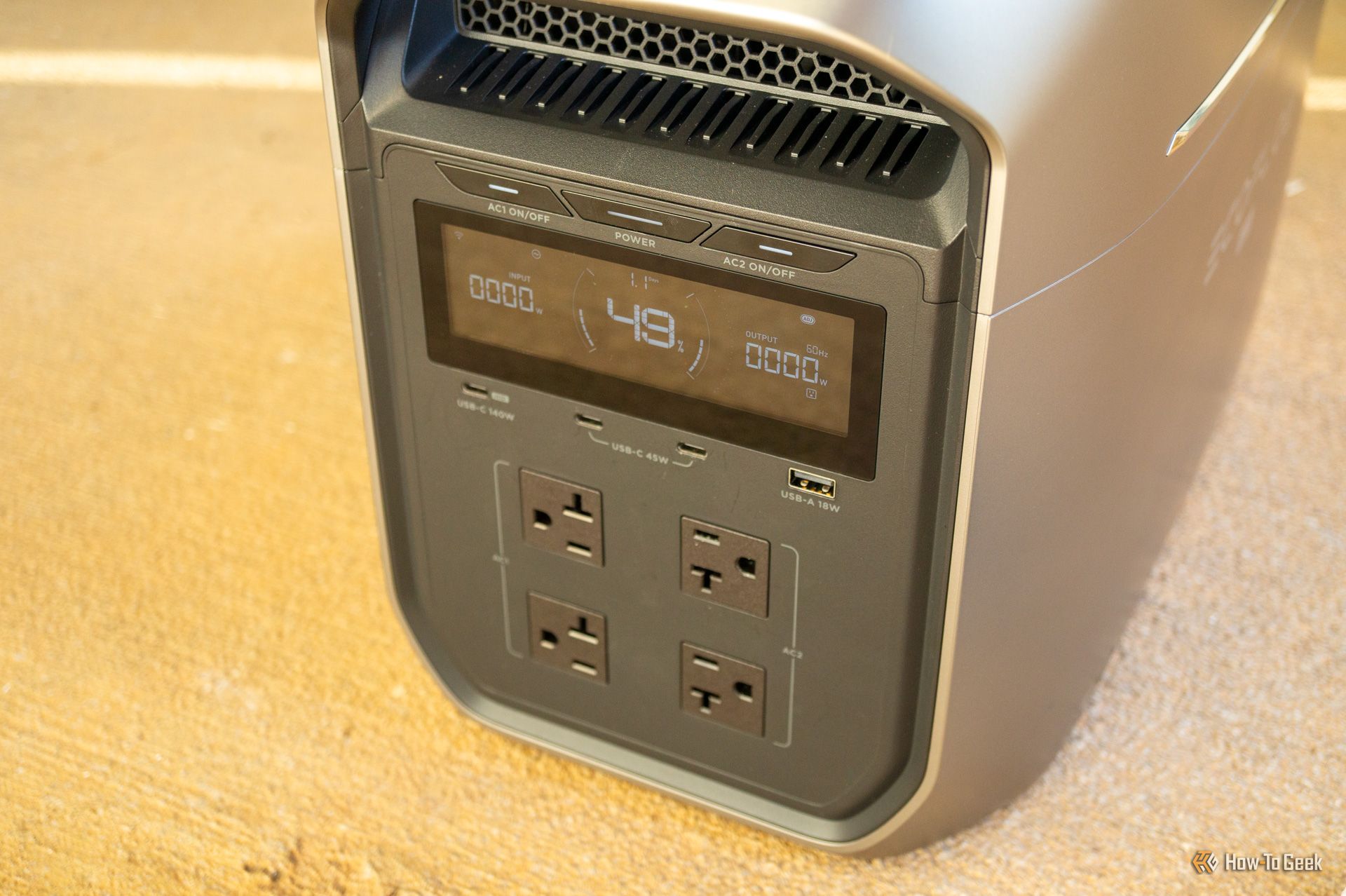
EcoFlow’s power stations are a popular choice for anyone interested in battery backups and solar charging. However, the company has faced several technical issues lately that break core features, which is a problem for products purchased primarily as backups.
EcoFlow sells many portable batteries, power stations, portable batteries, solar panels, and other equipment, most of which are intended as power backups or an alternative to grid-based electricity. It’s a problem when your power goes out, but it’s a potentially bigger problem when your backup also goes out, and that has happened to EcoFlow products at least twice over the last few months.
In June 2025, the cloud servers that connect to many of EcoFlow’s power stations and other equipment experienced an outage lasting for several hours. Earlier this week, the iPhone and iPad app crashed on startup, which EcoFlow said was due to “duplicate date data related to Eastern Daylight Time.” It’s somewhat common for the start or end of Daylight saving time to cause problems for software with historical data, and it ended on November 2, 2025 in the United States and other countries.
Batteries could still charge and provide power during these outages and app issues, but they can break various automated features, and owners couldn’t change any settings in the app or remotely check a battery’s status. For example, some EcoFlow stations have a ‘Storm Guard’ feature that avoids fully charging the battery until a storm is approaching—server errors could prevent that from activating, leaving you with not enough reserve power for a potential power outage.
One person said during the June outage, “The app [is] still down, longest time ever 10+ hrs can’t control smart panel, can’t set or unset automation, this sucks!” After the recent iOS app crashes, an EcoFlow owner said in a Reddit post, “during the shutdown of telemetry (caused by the time-change error), the four systems (out of seven) at our farm that utilize solar input turned off solar input and went with grid input, costing us money. It violated our solar-only settings. Also, the grid input OVERCHARGED some batteries during this period, apparently overriding all BMS safety protocols.”
Many EcoFlow batteries and power stations can be controlled through a direct Bluetooth connection. However, that still only works if your phone is within Bluetooth range, the battery is already configured in the app, and the app itself is working. The recent Daylight saving bug prevented the iOS app from opening at all.
EcoFlow also recently announced a recall of its Delta Max 2000 power stations, after receiving six reports of the batteries catching fire and causing property damage. The fix was a firmware update that must be installed by battery owners—it’s not clear if the fires were due to a software bug, or if the updated software just mitigates a hardware problem. Recalls and manufacturing defects are unavoidable with mass production, but this recall is still not great to see with the other recent problems.
There’s no reason why EcoFlow’s products can only be set up and controlled through an app that could break—or disappear completely—at any time. There should be a local API for device control, perhaps using Matter or another open protocol. Official support for Home Assistant would be great, too, like many other companies have embraced. Some EcoFlow systems can add up to tens of thousands of dollars, and that’s a lot of money to gamble on a backup that you can’t fully control.
We’ve reached out to EcoFlow to ask what its plans are for local device support and reducing feature outages, and we will update this article if we hear back.